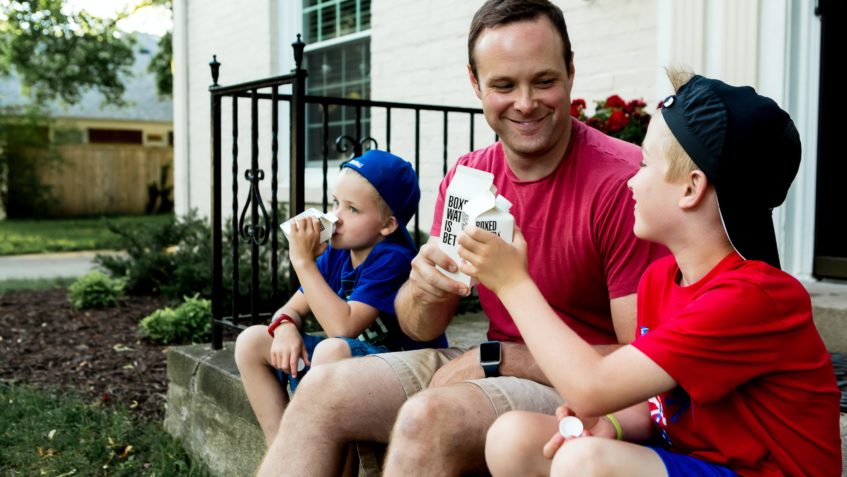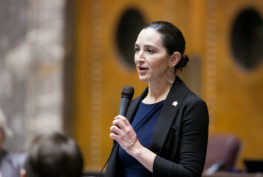FOR IMMEDIATE RELEASE — April 12, 2019
OLYMPIA – Yesterday the House passed legislation on an overwhelming 92-5 vote to shorten the time that children remain in out-of-home care by establishing a child welfare housing assistance program.
Senate Bill 5718, sponsored by Sen. Rebecca Saldaña (D-Seattle), creates a Department of Children, Youth, and Families (DCYF) pilot program to provide housing assistance to parents whose lack of appropriate housing is the primary barrier to reunification with a child who has been removed from their care.
“We know that when possible, keeping families together is best for kids,” said Saldaña. “But when they have to be separated, reuniting kids with their families sooner reduces the adverse impacts of separation on kids’ health.”
“We heard of situations where children were staying in foster care for months because their parents lacked appropriate housing,” said Laurie Lippold, Public Policy Director at Partners for Our Children. “This adds to the trauma children have already experienced and places an unnecessary financial burden on the state. We need to do everything we can to safely reunify children with their parents and minimize the negative impact being separated can have.”
Keeping families together is the first priority; however, when this isn’t possible, safely reunifying parents and children who have been placed in out of home care becomes the number one goal.
It is not uncommon, however, for parents to lose their housing assistance when their children are removed. That can lead to unstable housing situations and in some cases, homelessness. Parents generally have a number of issues to address in order to have their children returned home, and in far too many cases the inability to find appropriate, affordable housing leads to lengthier stays for children in out-of-home care.
Under this legislation, DCYF would consult with a stakeholder group made up of parent allies, parent attorneys and social workers, housing organizations, behavioral health providers, and others, to determine the program’s details, such as eligibility requirements and equitable distribution.
Having been amended by the House, the bill now returns to the Senate for a concurrence vote.






No Comments